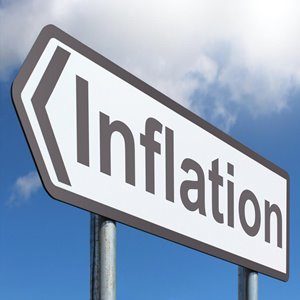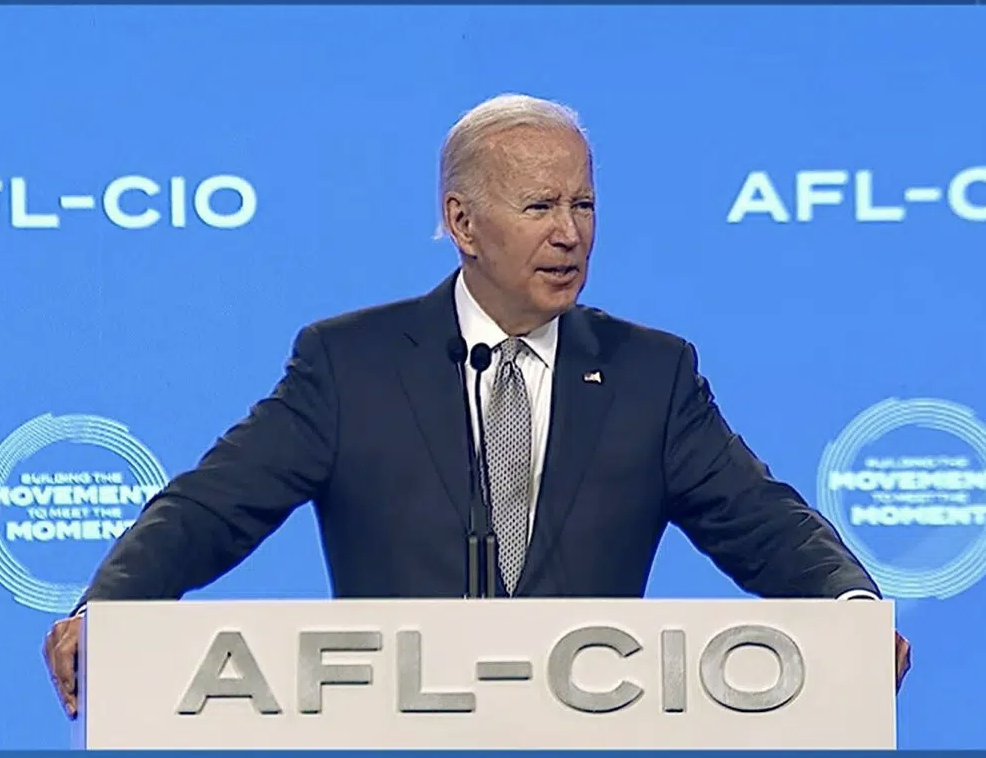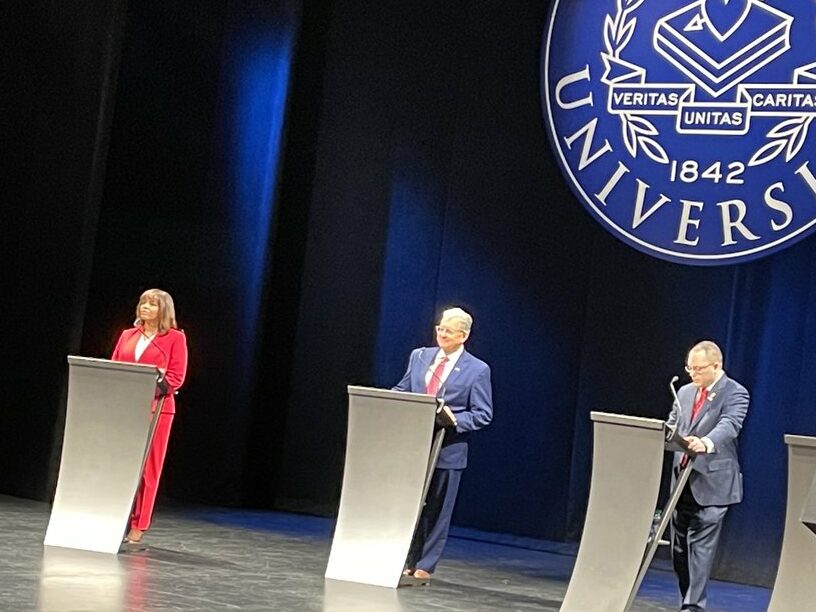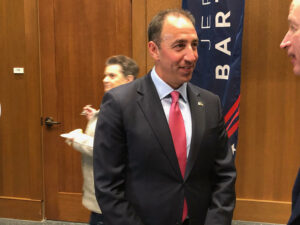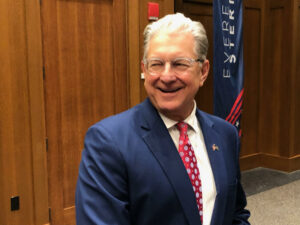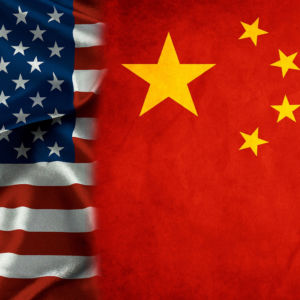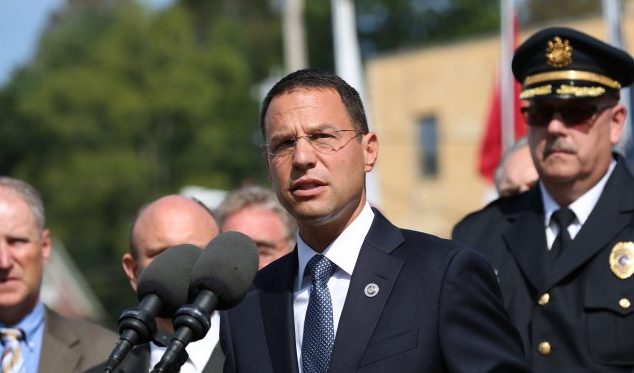WISSMAN: PA Prospers With a Strong Energy Economy

Pennsylvanians are feeling the pinch of record-high inflation and energy costs. The global mismatch between energy demand and available supply has put upward pressure on prices, which isn’t helped by the current policy and regulatory environment.
What’s needed now to help boost supply, as well as bolster our economy and U.S. energy leadership, are policies that encourage investment in energy exploration and infrastructure build-out. And in Pennsylvania, with its abundance of shale gas, policymakers should embrace energy as part of the state’s economic competitiveness and create a climate that attracts additional investment.
Natural gas development in Pennsylvania has proven to be an economic boon for the state, bringing in billions of revenues annually, generating over $2.2 billion in impact fee funding during the last decade, supporting tens of thousands of jobs and signaling to other companies, both large and small, that they should invest here.
Natural gas and oil activity has not only contributed directly to Pennsylvania’s economy but has also boosted manufacturing, logistics, banking, construction, and many other sectors in the state – more than $78.3 billion in total economic impact.
Research has shown that every direct job in the natural gas and oil industry – over 102,000 – generated an additional 3.7 jobs in Pennsylvania. Good jobs mean family-sustaining wages that are spent on homes and at restaurants, retail stores, and small businesses.
Pennsylvania has prospered in many ways from a strong energy sector. But more can – and should – be done to ensure the commonwealth is one of the best places to do business and continues to grow its energy economy.
This year, state lawmakers advanced measures to bring more investments and jobs to Pennsylvania, while continuing to hold the line on policy proposals that could harm our state’s national standing as a top energy producer.
Pennsylvania is clearly making progress. Yet, to embrace all that Pennsylvania has to offer, we need predictable regulations and efficient permitting, as well as a business climate that keeps the Keystone State competitive.
In June, the American Petroleum Institute (API) unveiled a 10-point policy plan that would strengthen U.S. energy leadership and unleash investment in America. These policy solutions, like removing obstructions to permits for natural gas projects, accelerating liquid natural gas (LNG) exports, approving applications for new export terminals, and designating critical energy infrastructure projects, would create new energy access while avoiding harmful government policies and duplicative regulations.
These solutions offer energy producers ways to supply more American-made natural gas and oil to consumers here at home and our allies abroad–not to mention generate good jobs, increased tax revenues, and economic development.
Rather than rely on foreign regimes for natural gas and oil, we should encourage domestic production in Pennsylvania. And that starts with policymakers at every level of government supporting a statutory and regulatory framework that fosters economic development, allows Pennsylvania businesses to grow and multiply, and supports domestic energy production and infrastructure expansion.
Pennsylvania has led the way in energy production and environmental progress and has the potential to do much more.
According to the U.S. Energy Information Administration, while natural gas production growth in the Appalachia region over the past decade has been helped by improved productivity from wells drilled, regional transportation capacity is nearly full.
Without additional pipeline capacity, access to affordable, reliable energy is limited, and so is the state’s ability to grow its energy economy. Advancing natural gas development and pipeline infrastructure could help meet the dual challenge of powering Pennsylvania homes and businesses while lowering greenhouse gas emissions. Under API’s solutions-focused policy plan, projects that support the production, processing, and delivery of energy should undergo a streamlined review and permitting process not to exceed one year.
At this critical time, with high inflation and energy prices hitting families hard, simply put, we need more energy. Ramping up energy production and completing pipeline projects doesn’t happen overnight. That is why we need smartly crafted policies that encourage investment and growth in the energy sector enacted today.
Pennsylvania-made natural gas is key to keeping our state competitive and boosting its bottom line. Consumers benefit, too, with increased access to affordable, reliable energy, and billions in new revenues that are directed to the state and communities in every corner of the commonwealth.
With the right approach, Pennsylvania can continue to build on these gains, safeguard our energy future and stimulate long-term economic growth.
Please follow DVJournal on social media: Twitter@DVJournal or Facebook.com/DelawareValleyJournal






